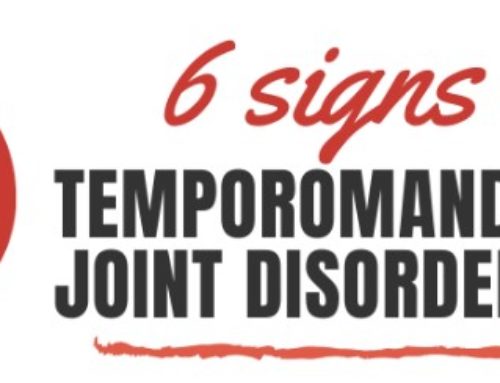Yikes! Exploding head syndrome? It doesn’t sound like a condition anyone would want and might terrify our patients, which means it is important for us to be on top of understanding this condition and connection to obstructive sleep apnea.
What is exploding head syndrome?
Despite the name of this condition, it does not cause a person’s head to explode and it is not a dangerous condition. This sleep condition also does not cause pain or any serious side effects. Exploding head syndrome is a type of sleep disorder. It is part of a group called, “parasomnias.” These disorders cause unwanted physical, verbal or behavioral symptoms during a person’s sleep transitions.
The other symptoms or sleep disorders that fall into the parasomnias category include:
- Sleepwalking.
- Nightmares.
- Night terrors.
- Sleep eating.
The exact cause of exploding head syndrome is unknown, but it may be the result of minor seizures in the temporal lobe or parts of the middle ear moving during the night. Fear, emotional stress and anxiety may also contribute to exploding head syndrome.
What are the symptoms of exploding head syndrome?
When someone experiences exploding head syndrome, they hear loud noises that sound similar to explosions and crashes as they transition into deep sleep. It can also occur when they wake up in the middle of the night. Additionally, flashes of light and muscle spasms may accompany these noises.
While the noises are not real, they do cause distress, fear and anxiety. These noise attacks can happen once or even multiple times throughout the night. However, they do typically stop when a person is fully awake.
How is it connected with sleep apnea?
For exploding head syndrome, there are no standard treatment guidelines. Some recommendations are counseling or talk therapy if stress or anxiety is involved. However, for people with other sleep disorders like obstructive sleep apnea, treatment of that condition may signal a change. Patients may notice less intense or frequent noise episodes after receiving treatment for their sleep apnea.
This is still a condition that we are learning more about, but it is important to identify sleep apnea and pursue treatment to improve care for our patients.





